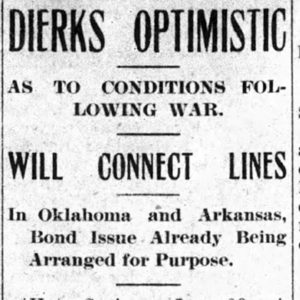 Railroad Development
Railroad Development
Entry Category: Business Leaders - Starting with R
 Railroad Development
Railroad Development
Rebsamen, Raymond Henry
Rector, William Field (Billy), Sr.
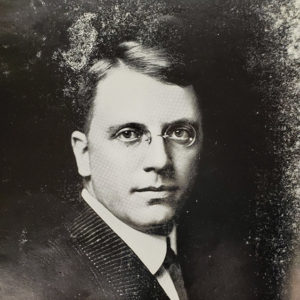 Augustus Remmel
Augustus Remmel
Remmel, Augustus Caleb (Gus)
Remmel, Harmon Liveright
Renfrow, William Cary
Rice, J. Donald
Rice, Wilfred R. “Bud”
Riggs, John Andrew
Roberts, Roy
 Wendel A. Robertson
Wendel A. Robertson
Robertson, Wendel Archibald
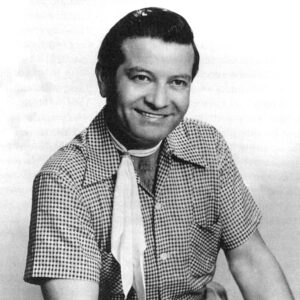 Fabor Robison
Fabor Robison
 Rockefeller Memorial
Rockefeller Memorial
 Winthrop Rockefeller
Winthrop Rockefeller
Rockefeller, Winthrop Paul
Rodgers, James Ronald, Sr.
Roescher, Gustavus
aka: Gus Rusher
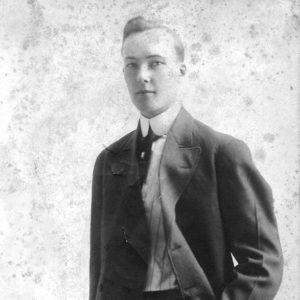 Gustavus Roescher
Gustavus Roescher
Rooker, Oley Eldon
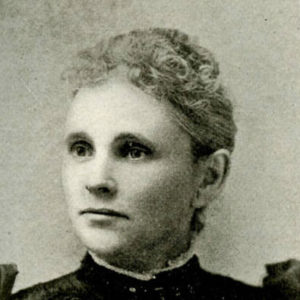 Emily Blakeslee Roots
Emily Blakeslee Roots
Roots, Logan Holt
Rosewater, Benjamin J. (B. J.)
 Roswell Beebe Locomotive
Roswell Beebe Locomotive
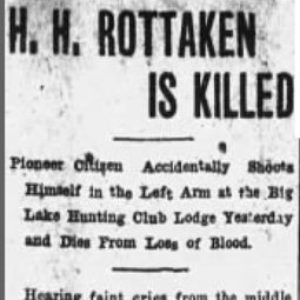 Rottaken Death Article
Rottaken Death Article
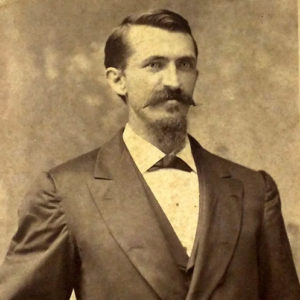 Herbert Rottaken
Herbert Rottaken




